|
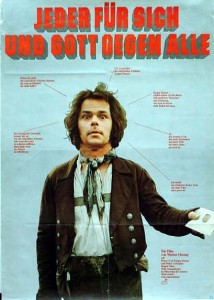
Synopsis:
A mysterious young man (Bruno S.) named Kaspar Hauser arrives in a German village in 1828, where he’s cared for by a kind professor (Walter Ladengast) who teaches him to read, write, and play music.
|
|
Genres, Themes, Actors, and Directors:
- Character Arc
- German Films
- Historical Dramas
- Werner Herzog Films
Response to Peary’s Review:
Widely regarded by many (including Peary) as one of Werner Herzog’s “most compelling films”, The Mystery of Kaspar Hauser is in the “same subgenre as The Wild Child and The Elephant Man” yet “completely different from those pictures.” As Peary notes, Herzog wisely refrains from positing the real-life Hauser as either a saint (a la the Elephant Man) or a Tarzan-figure (a la Truffaut’s “wild child”), instead portraying him simply as “an outsider, a naturalist, whose presence causes everyone to question their orderly vision of their world, their faith in God, [and] their orderly way of leading their lives.” The inspired casting of non-actor Bruno S. (a former mental institute inmate) as Hauser plays a key role in the film’s success — it’s remarkably easy to believe that Bruno is Kaspar, with his cynical yet child-like attitude marking him as one who is truly seeing life in a unique way. Several of his statements — such as when he remarks with sadness to Ladengast that hearing music “feels strong in his heart”, and wonders aloud why he can’t play piano with automaticity, the way he breathes — are heartbreaking in their naive wisdom.
Redeeming Qualities and Moments:
- Bruno S. as Kaspar Hauser
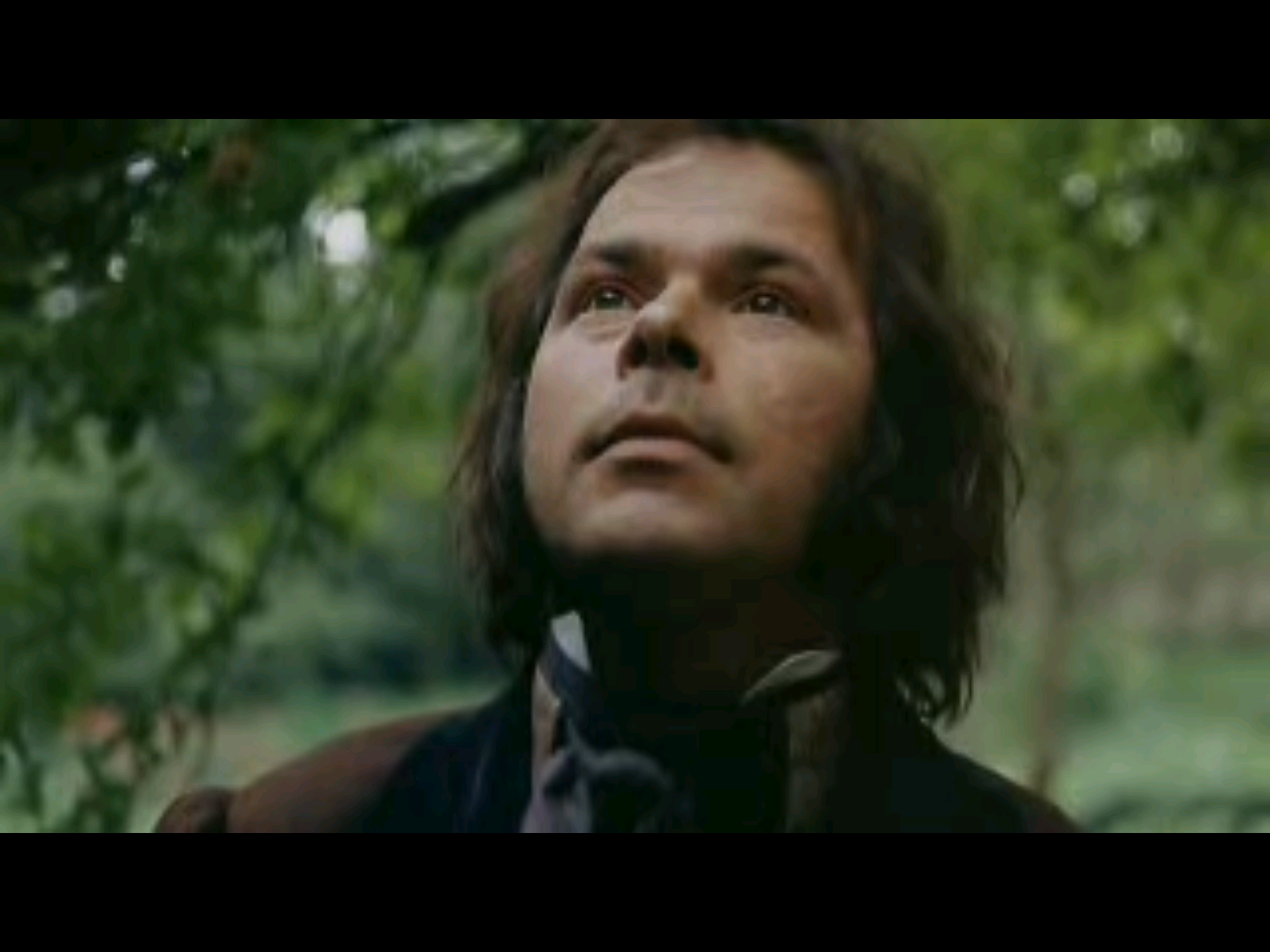
- Walter Ladengast as Hauser’s kindly caretaker, Professor Daumer
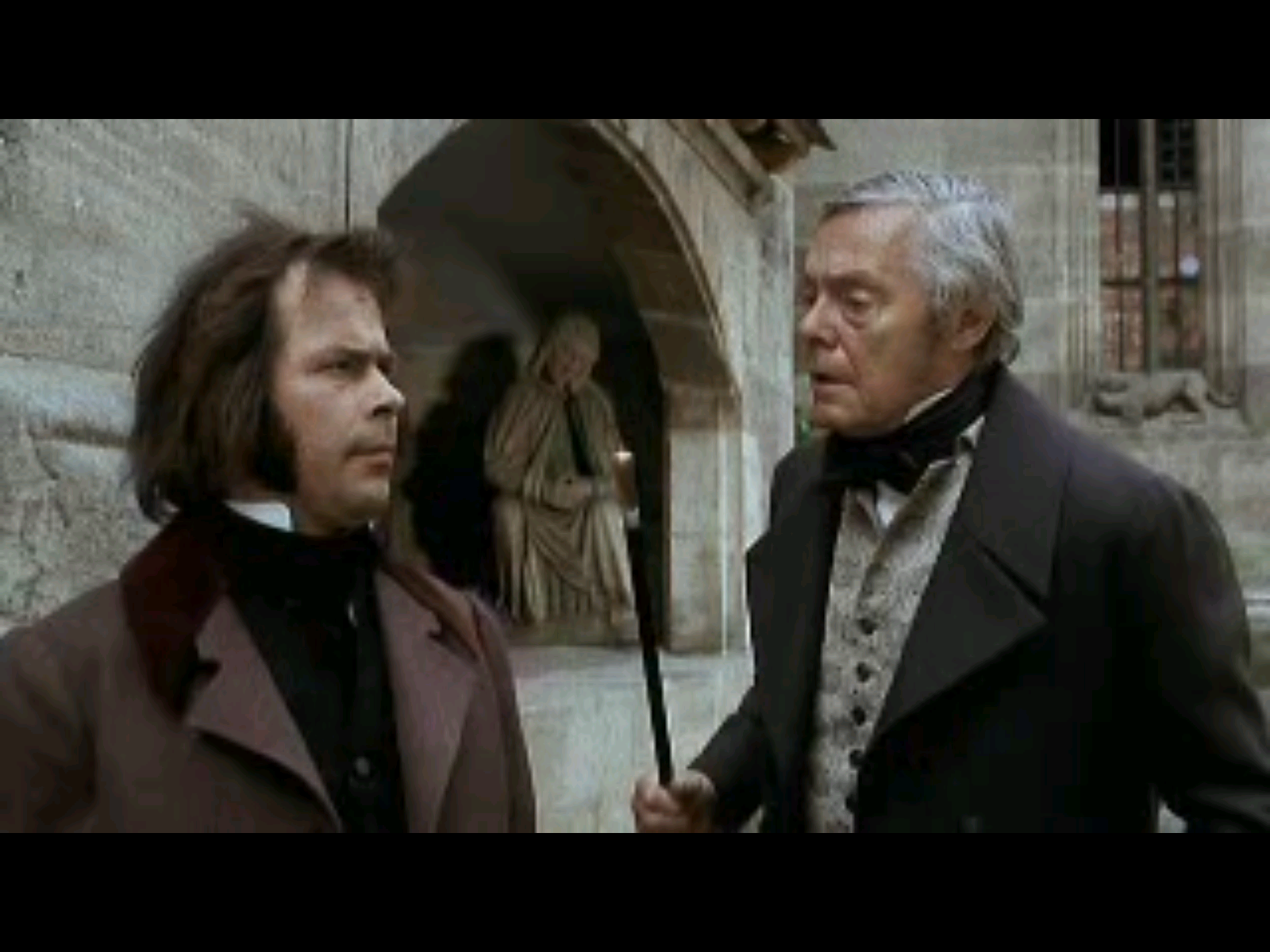
- Kaspar trying to teach a cat to walk on its hind legs
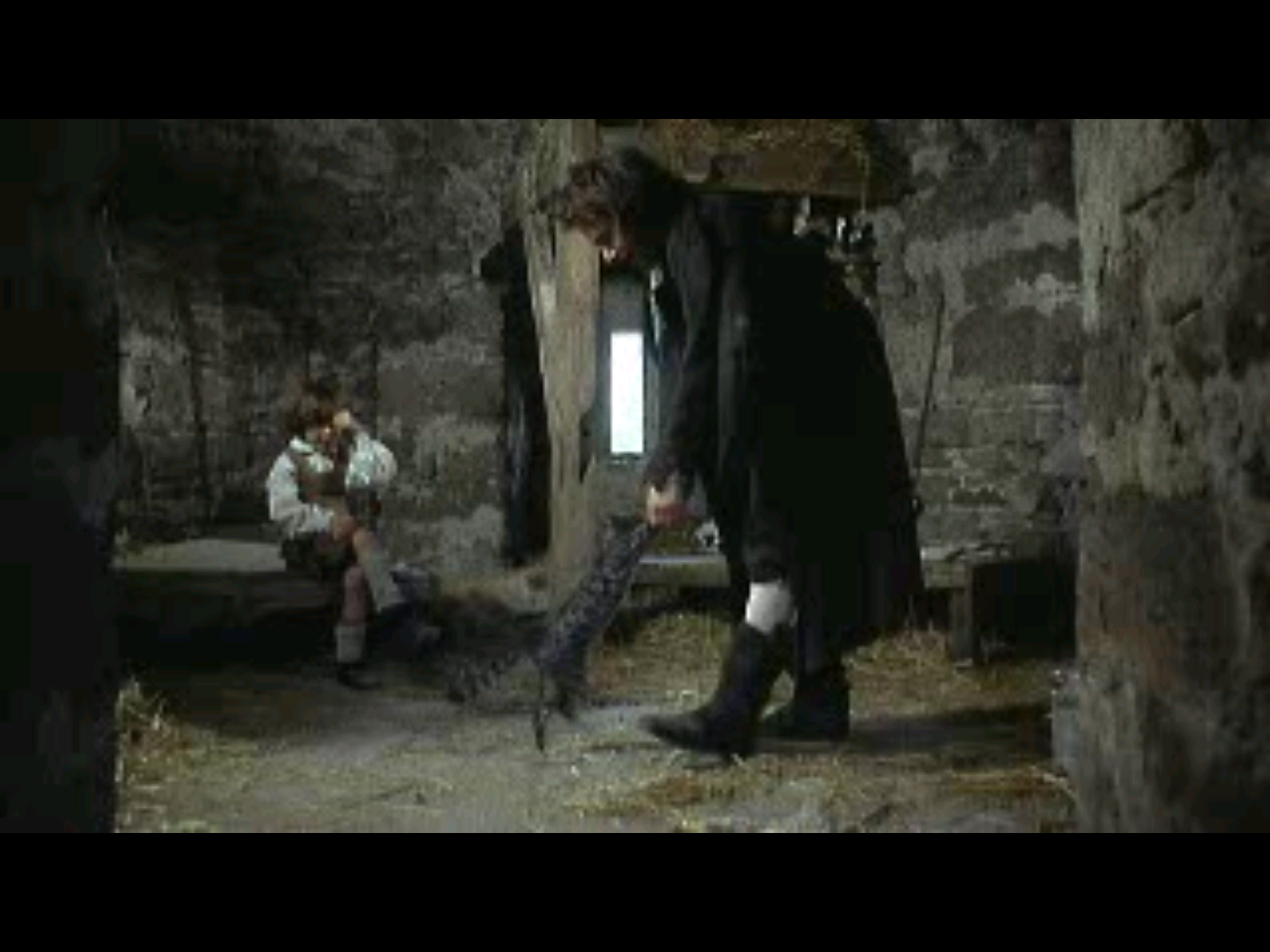
- Beautiful cinematography of German countryside
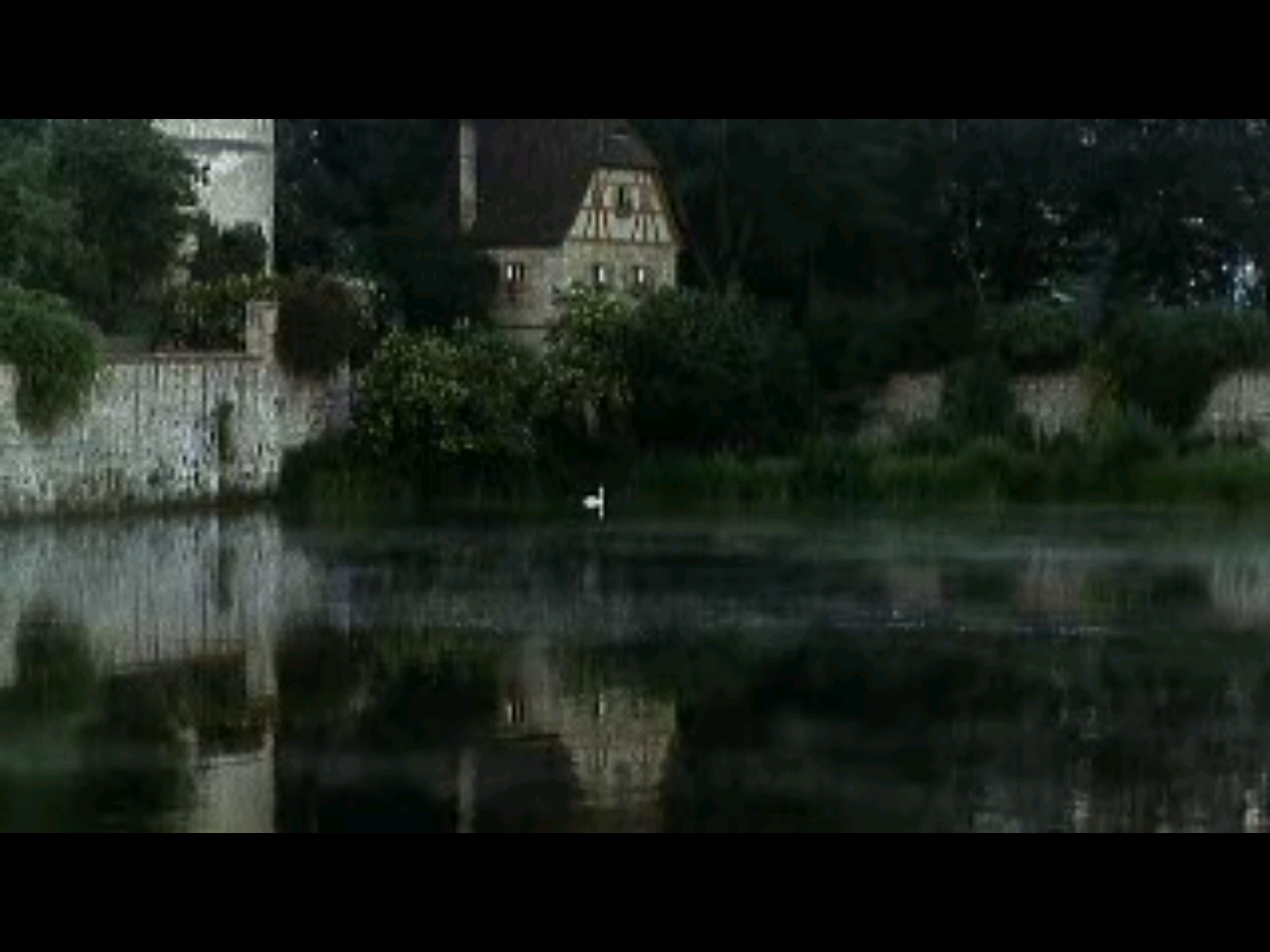
Must See?
Yes, as the film which propelled Werner Herzog to international prominence.
Categories
- Historically Relevant
- Important Director
Links:
|





2 thoughts on “Mystery of Kaspar Hauser, The / Enigma of Kaspar Hauser, The / Every Man For Himself and God Against All (1974)”
Yes, a must. A powerful film experience.
While all of director Herzog’s work is challenging, some is more accessible than others (esp. when it comes to his early work). ‘Kaspar’ is rather straightforward (tho some added ‘mystery’ comes toward the end). Since it’s based on a true story, some may feel compelled to search for more of the facts behind the case (which could very well augment one’s appreciation). Taking the film alone, however, we find a compassionate document of one of the ultimate outsiders.
There’s little by way of plot but the film moves along more quickly than one might expect for its type; it’s also splendidly photographed (those dream visuals!), poignantly counterpointing the story’s particulars as well with pastoral life and beauty.
It is actually hard to put into words how I feel about the lead performance by Bruno S., so I won’t try – other than to say it’s other-wordly and Herzog’s decision to cast him was spot-on.
Brigitte Mira – who often worked w/ Fassbinder – is on-hand in a small, lovely role. As mentioned, Ladengast is touching as the Professor.
A deeply felt work which is likely to haunt more serious-minded ffs.
It’s along time since I’ve seen this film and I must see it again.
Over two decades, the scene that has stayed with me is the one where Kaspar is taught to walk by kicking his feet. I’m struggling to think of a piece of cinema that has affected me more. It’s a shame that Herzog’s films with Bruno S. have become somewhat overshadowed by the mythology of his relationship with Klaus Kinski.